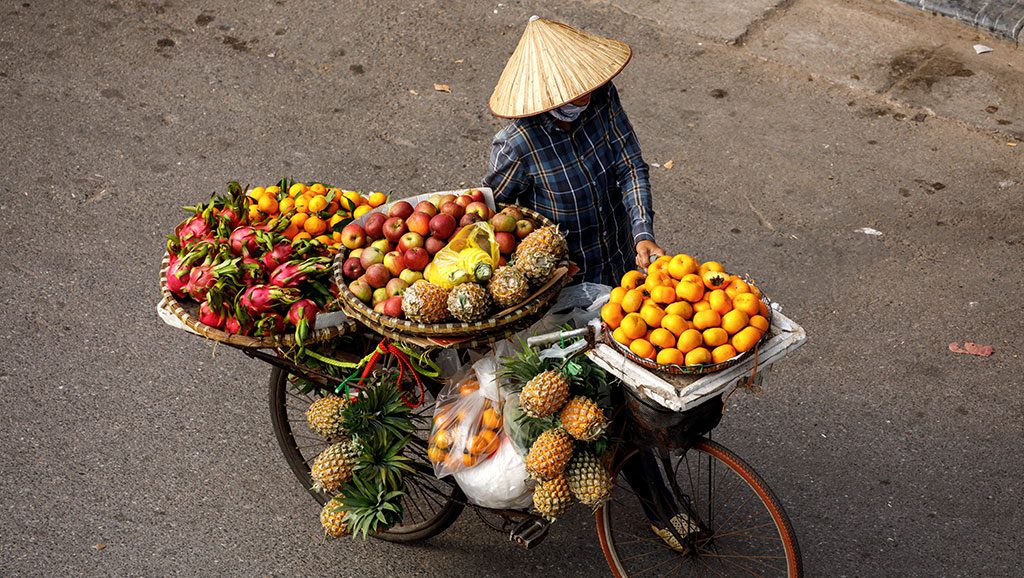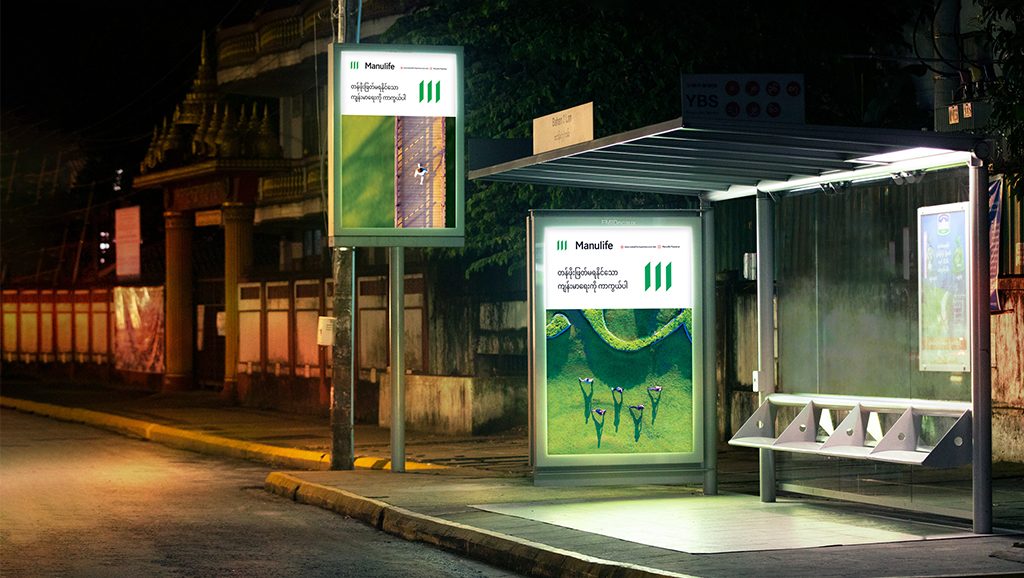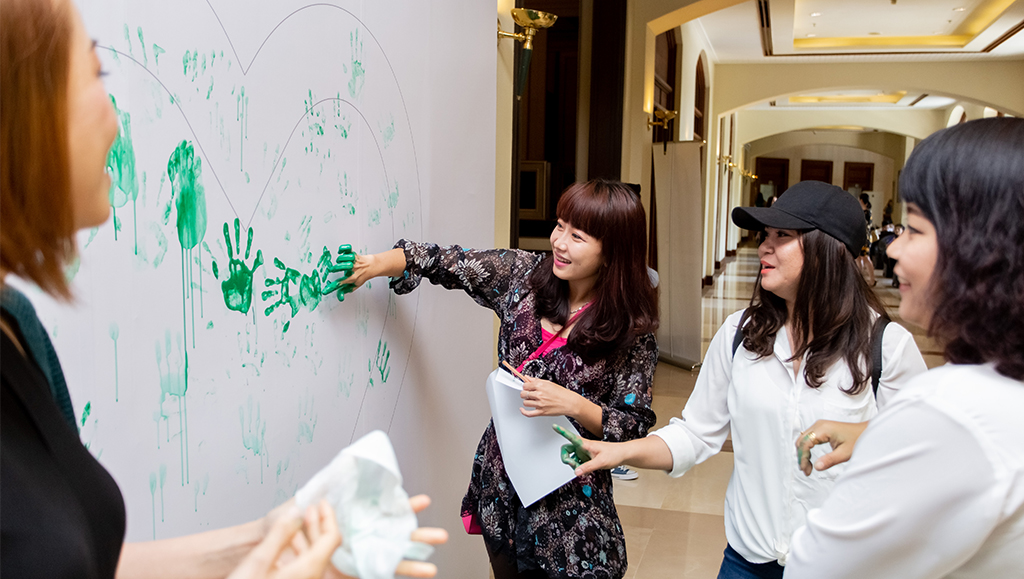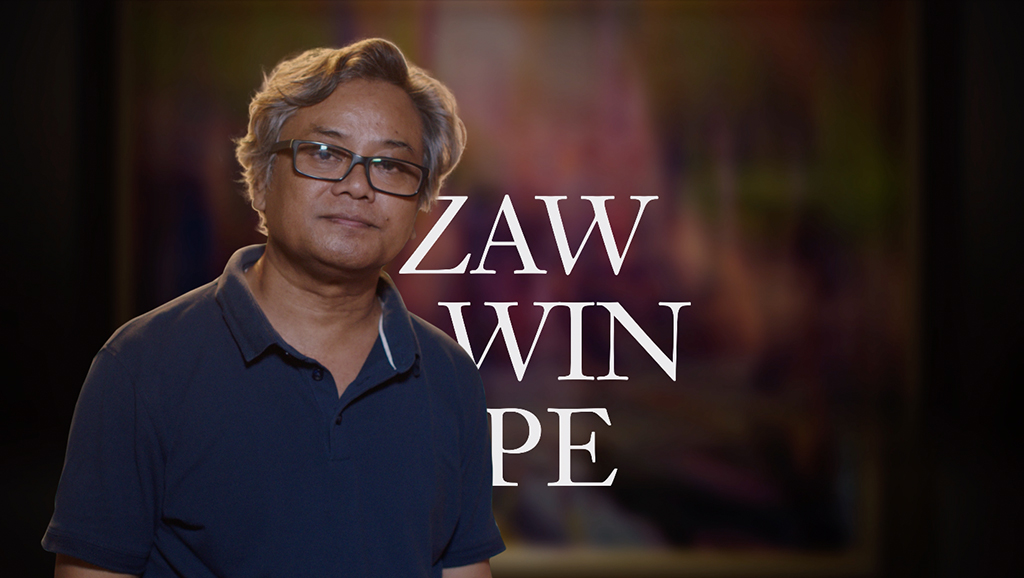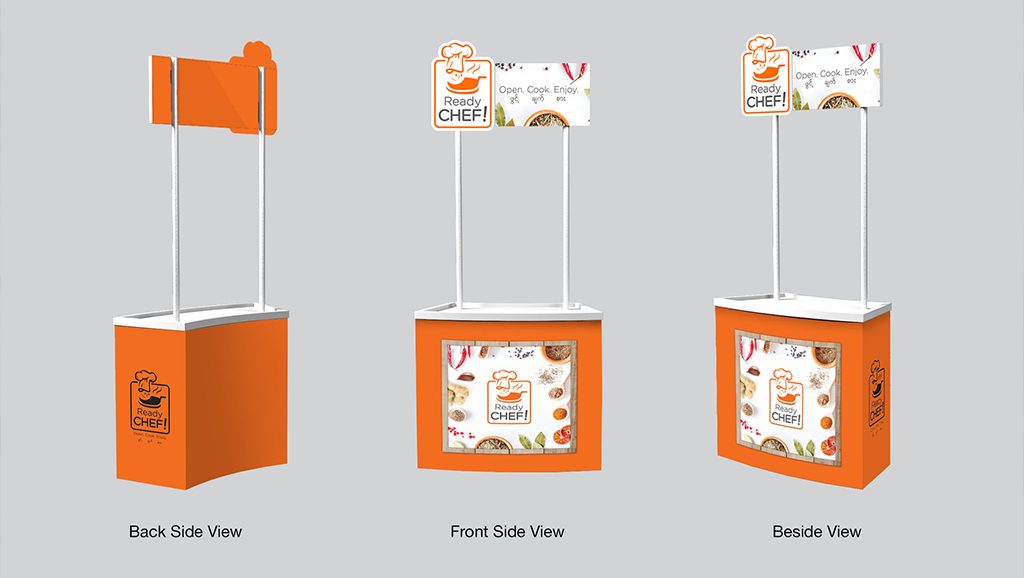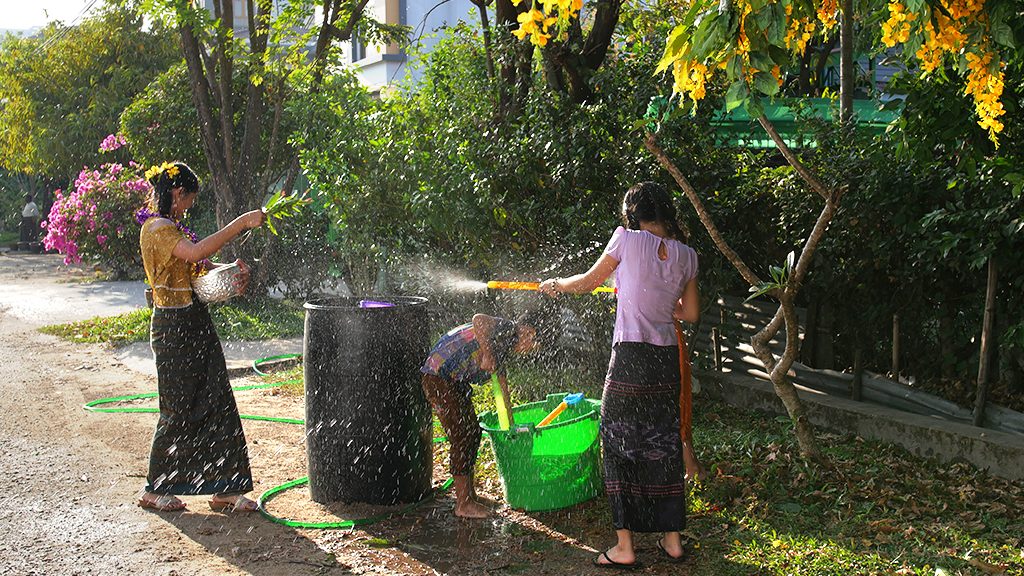
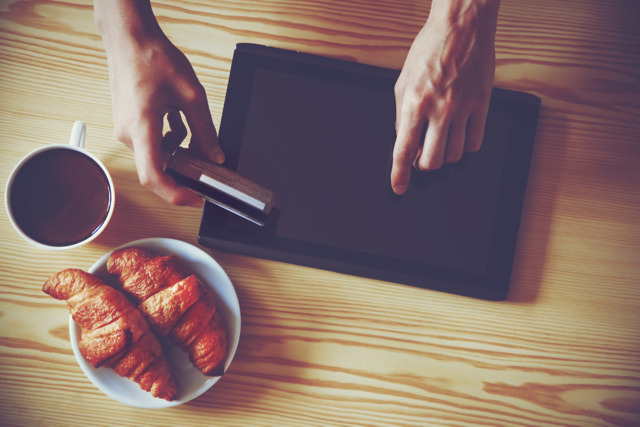
PayPal, the world’s leading company in payments has announced that it will beef up its seller protections in six ASEAN countries. This news will be greeted enthusiastically by e-commerce businesses in a region where any transaction – online or off – can feel risky. As online sales have boomed in recent years, a number of solutions have emerged offering consumers peace of mind, but e-businesses need to worry about fraud just as much as their customers do.
The expanded seller protection will cover intangible goods – mainly e-bookings for events, travel, and services. PayPal, who are feeling the heat from local payment startups in the ASEAN region are fighting back with what they do best. The company’s industry-leading risk modeling allows them to offer expanded protection, and that is exactly the reassurance that companies are looking for in what for them is likely an uncharted area.
Business in Asia is often an elaborate ritual involving nuanced ceremony and procedure. Transactions are based to some extent on trust, and face to face meetings are the standard modus operandi. E-commerce is quickly upending this model for small business-to-consumer sales, and Southeast Asia’s buyers and sellers want reassurances that they aren’t being defrauded.
The updated seller protection policy will apply to six of the ten countries in ASEAN: Indonesia, Malaysia, Singapore, Vietnam, Thailand, and the Philippines. This is doubly important as so many businesses are looking to expand into other markets in the region. Southeast Asian travel should see a big boost as operators will be able to target their marketing efforts to tourists around the region who have yet to arrive in the operator’s country, and then accept a payment from those travelers.
Since most countries in the region lack or are quite new to modern banking, a number of creative solutions have emerged in e-commerce payments. COD, payments using easily reloaded mobile phone credit, even making a cash payment at the local 7-Eleven are just a few of the options businesses have hit upon to take payment from their customers. But these transactions typically involve goods that are shipped. Settling disputes over intangible goods can be much more difficult when there is no traceable shipping method, and no signature on receipt of goods.
Southeast Asian tourism and hospitality makes up a not insignificant part of the region’s GDP, and travel operators will likely jump at the opportunity to lower their fraud risk in accepting payments. This is particularly true when payments are coming from abroad, where traditional bank transfer would mean losing a big chunk of profit to the hefty fees charged by banks. It is likely that the travel industry will be the main beneficiary of PayPal’s new policy.
ASEAN e-commerce businesses are increasingly turning to their neighboring countries in their marketing efforts. The whole region is primed for steady growth in the coming years, and companies want to expand to take advantage of that, but concerns about payment reliability may be holding some of them back. PayPal’s move should alleviate some of that fear, and that seems to be what the company had in mind with the announcement. “We are committed to safeguarding the interests of merchants who partner with us when they sell online” said Rahul Shinghal, General Manager of PayPal Southeast Asia. “With this launch, our merchant partners will be able to expand their cross border business even more aggressively without worrying about fraud.”
One other factor which should help PayPal in Southeast Asia is their focus on mobile. Years ago they redesigned their entire platform to be totally mobile-friendly, and the effort has paid off. Of the four billion payments they processed last year, fully one quarter were made on mobile devices – that’s one billion payments! In developing economies like much of the ASEAN region, consumers are skipping the desktop/notebook model altogether, and coming online for the first time via their smartphones. Mobile marketing is key in Southeast Asia, and a trustworthy mobile payment method to go along with that will be a boon.
Expanding a business into a foreign market presents a thousand hurdles. A new culture and language, unfamiliar business climate, and different consumer expectations that require new marketing strategies all require attention. Exchanging money over international borders and across different currencies has always been a major headache, and the potential for fraud is much greater. Startups around the region have been applying creative solutions to these pain points for years now and with PayPal’s decision, things will likely only get easier.



